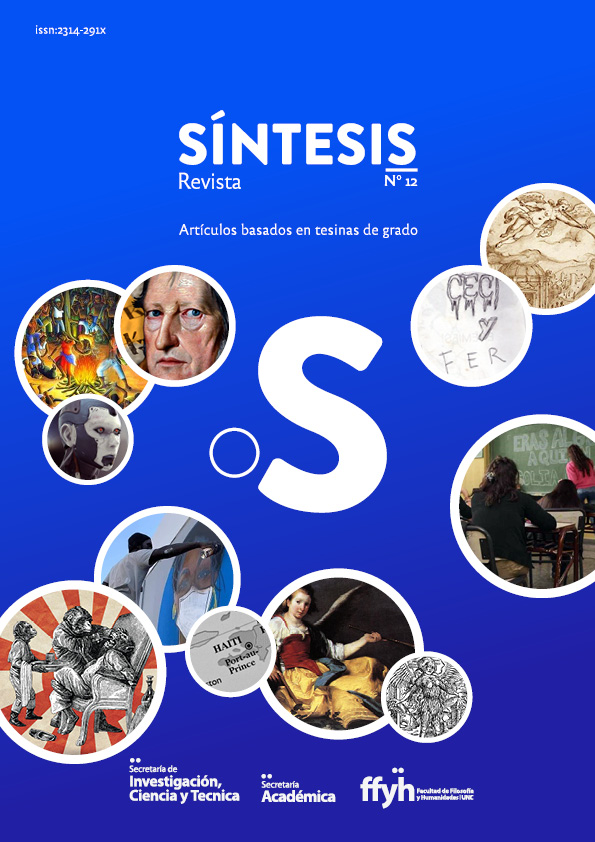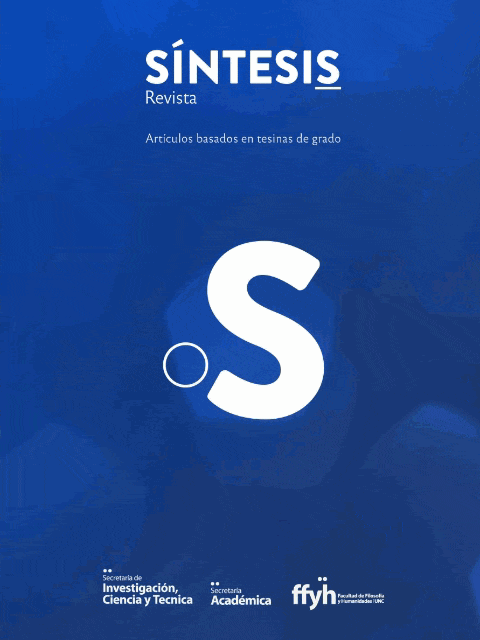The Marginalization of the sublime in hegelian aesthetics
Keywords:
Hegel, sublime, esthetic, dialectic, ArtAbstract
In Lectures on Aesthetics (1989), Hegel not only marginalizes the concept of the sublime by giving it scant space, but also refers to it as a low and grotesque notion. In Hegel there is no balanced dialogue between the beautiful and the sublime, rather the beautiful is the only and undisputed protagonist, while sublimity is positioned as a minor accident, a footnote in the different configurations of the developtment of the concept of the beautiful. Given that in Hegelian aesthetics the sublime is approached in an exceptional and unconventional way –if we compare it with any of the aesthetics theories of the 18th and 19th centuries-, and little importance is attached to it, this paper intends to account for what were our author´s motives for such a treatment of the concept. The main argument is base don showing that the Hegelian marginalization of the sublime is due to the dialectical role that this category has in the conceptual deployment of the beautiful in its historical dynamism.
Downloads
References
Bürger, P. (1996). Crítica de la estética idealista. Madrid: La balsa de la medusa.
Burke, E. (1998). De lo sublime y de lo bello. Barcelona: Altaya.
Bloch, E. (1974). El pensamiento de Hegel. Barcelona: Seix Barral.
Gombrich, E. (2014). Breve historia de la cultura. Barcelona: Ediciones Península.
Hegel, G. (1989). Lecciones de Estética. Madrid: Akal.
Hegel, G. (2015) Fenomenología del Espíritu. Buenos Aires: Fondo de Cultura Económica.
Kant, E. (1991). Crítica de la Facultad de Juzgar. Caracas: Monte Ávila.
Longino (1979). De lo sublime y de lo bello. Madrid: Gredos.
Lukacs, G. (1970). El joven Hegel y los problemas de la sociedad capitalista. Barcelona: Grijalbo.
Menene, G-B. (1998). Estudio preliminar. En De lo sublime y de lo bello. (pp. 11-22) Barcelona: Altaya.
Oyarzun, P-R. (2010). Razón del éxtasis. Estudios sobre lo sublime. De Pseudo-Longino a Hegel. Santiago de Chile: Editorial Universitaria.
Schelling, F. (1949). Filosofía del arte. Buenos Aires: Nova.
Downloads
Published
License
Copyright (c) 2022 Síntesis

This work is licensed under a Creative Commons Attribution-NonCommercial-NoDerivatives 4.0 International License.




